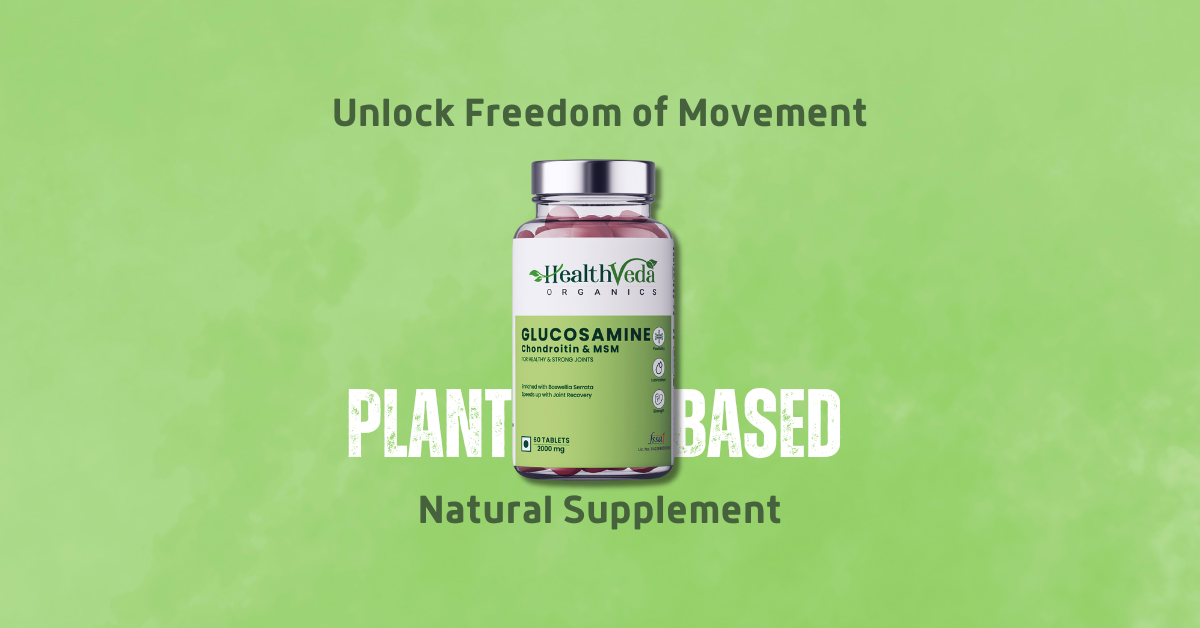
Exploring the Power of Glucosamine Supplement
As people seek natural alternatives to support joint health and alleviate joint-related discomfort, glucosamine supplements have emerged as a promising remedy. Glucosamine, a compound naturally present in our bodies, has gained attention for its potential benefits in managing joint pain and osteoarthritis. This comprehensive guide aims to explore the world of glucosamine supplements, discussing their benefits, usage, effectiveness, and potential side effects.
Glucosamine is a vital compound involved in maintaining healthy joints. This compound works by promoting the synthesis of cartilage components and reducing joint inflammation. While certain foods like shellfish contain glucosamine, many people opt for supplements to ensure an adequate intake.

Glucosamine supplements offer several potential benefits for joint health. They can help alleviate joint pain, improve joint function, and enhance mobility. By providing the necessary building blocks for cartilage repair and maintenance, these supplements support the overall health of the joints. Additionally, glucosamine exhibits anti-inflammatory properties, which can further contribute to pain relief. Some evidence suggests that glucosamine may also aid in sports injuries and rehabilitation.
The effectiveness of glucosamine supplements remains a topic of debate. While many users report positive results, scientific evidence presents mixed findings. Some studies suggest that glucosamine may provide modest improvements in joint pain and function, especially in individuals with moderate to severe osteoarthritis. However, conflicting results exist, and some argue that observed benefits could be attributed to the placebo effect or individual variations in response.
Glucosamine supplements are generally safe for most individuals. However, some common side effects like gastrointestinal discomfort, nausea, and headaches have been reported. Allergic reactions to glucosamine, although rare, are also possible. It is important to note that glucosamine can interact with certain medications, such as blood thinners, and may not be suitable for individuals with specific health conditions, such as diabetes. Pregnant or breastfeeding women should exercise caution and consult their healthcare provider.
In addition to glucosamine supplements, adopting certain lifestyle and dietary measures can support overall joint health. Regular exercise and physical activity help strengthen muscles, improve joint stability, and promote flexibility. Maintaining a healthy weight is crucial, as excess weight puts additional stress on the joints. A balanced diet rich in fruits, vegetables, lean proteins, and omega-3 fatty acids provides essential nutrients for joint health. Complementary supplements like chondroitin sulfate and omega-3 fatty acids can also aid in joint support.
Glucosamine supplements offer a potential natural remedy for joint pain.


